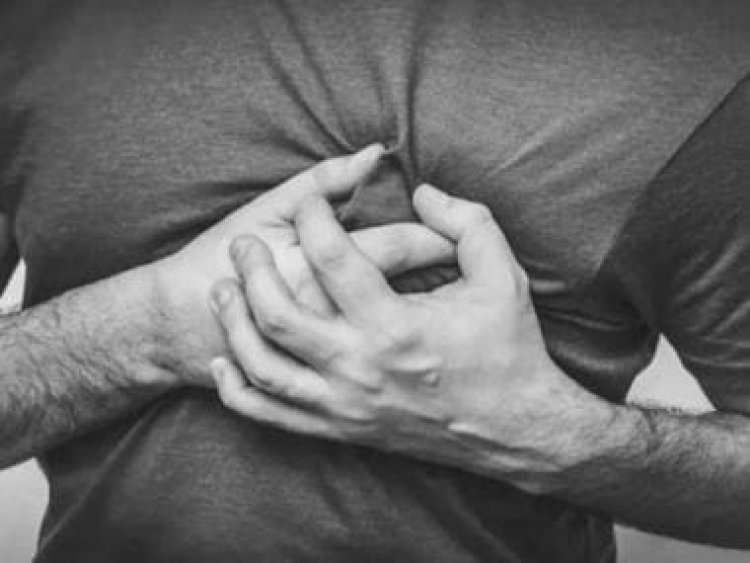5 important things to know about sudden cardiac arrest
5 important things to know about sudden cardiac arrest

The problem of sudden cardiac arrest is a major concern all over the world, affecting people of different age groups. When it comes to India, the problem has escalated due to the sudden change in lifestyle and food choices. As the name implies, sudden cardiac arrest refers to the sudden loss of heart function, breathing, and consciousness that is caused by an electrical disturbance in the heart. This disrupts the pumping action and blood flow throughout the body and can even lead to sudden cardiac death.
In India, this fatal condition contributes to 53 per 1 lakh residents, constituting 5.6 per cent of total mortality. This problem is even more exacerbated in India due to a lack of awareness and response time. Every minute of delay reduces a patient's chances of survival by 7–10 per cent. Therefore, it is very important to know some of the important things about SCA that can help in timely treatment and minimise the risks. These include:
- SCA is different from a heart attack
Most people tend to believe that heart attacks and sudden cardiac arrest are the same thing. These are, however, two distinct heart conditions, with heart attack referring to a blockage in the coronary arteries that disrupts blood flow. SCA is an electrical problem in which the heart suddenly collapses, and the pulse completely stops. It is very important to understand the difference between the two to ensure the right treatment of the patient.
- Time is very important in SCA
In some patients, sudden cardiac arrest can be reversible if the patient is timely provided with the right treatment. The chances of survival increase if the patient is given cardiopulmonary resuscitation (CPR) through chest compressions on time and is rushed immediately to the hospital. In majority of the cases, the condition of the patient suffering from SCA becomes worst due to delay in giving CPR. Therefore, it is very important that not only medical experts but even the general people are aware about the right technique of giving CPR. Apart from that, an automated external defibrillator (AED) can also turn out to be a lifesaver in saving the life of a patient. This sophisticated, yet easy-to-use, medical device analyses the heart rhythm and delivers an electrical shock, or defibrillation, to help the heart restore an effective rhythm.
- Lifestyle determines the risk of SCA
Not many people are aware that the risk factors of sudden cardiac arrest increase due to a sedentary lifestyle. Obesity, smoking, hypertension, diabetes mellitus, abnormal cholesterol, and alcohol abuse can trigger the risk of SCA. Therefore, it is recommended to have healthy lifestyle choices along with enough physical activity throughout the day. One must manage a healthy weight and regularly monitor their sugar, blood, and cholesterol levels. At the same time, one must avoid the consumption of alcohol and smoking as much as possible because they increase the risk of sudden cardiac arrest.
- Family history
A person who has a family history of heart ailments is at a higher risk of sudden cardiac arrest. Apart from that, if a person already has a history of heart problems, the risk of SCA becomes double and one must take extra care. Therefore, it is very important to get into the habit of routine check-ups to ensure that the problem is detected in the initial stages. Timely intervention plays an important role in not only minimizing the risk factors but also giving a new lease of life to the patient.
- Fainting can be fatal
Fainting is usually the first sign of sudden cardiac arrest which is ignored by a majority of people. In case of SCA, this sudden loss of consciousness happens when the heart stops beating abruptly. Before fainting, some people experience a racing heart, dizziness, or light-headedness. In addition, in the hour preceding SCA, some people experience chest pain, shortness of breath, and vomiting. Therefore, it is advised to not ignore persisting loss of consciousness and seek immediate help.
The author is Consultant, Interventional Cardiology, Manipal Hospitals, Baner - Pune. Views are personal.
Read all the Latest News, Trending News, Cricket News, Bollywood News,
India News and Entertainment News here. Follow us on Facebook, Twitter and Instagram.
What's Your Reaction?



























































